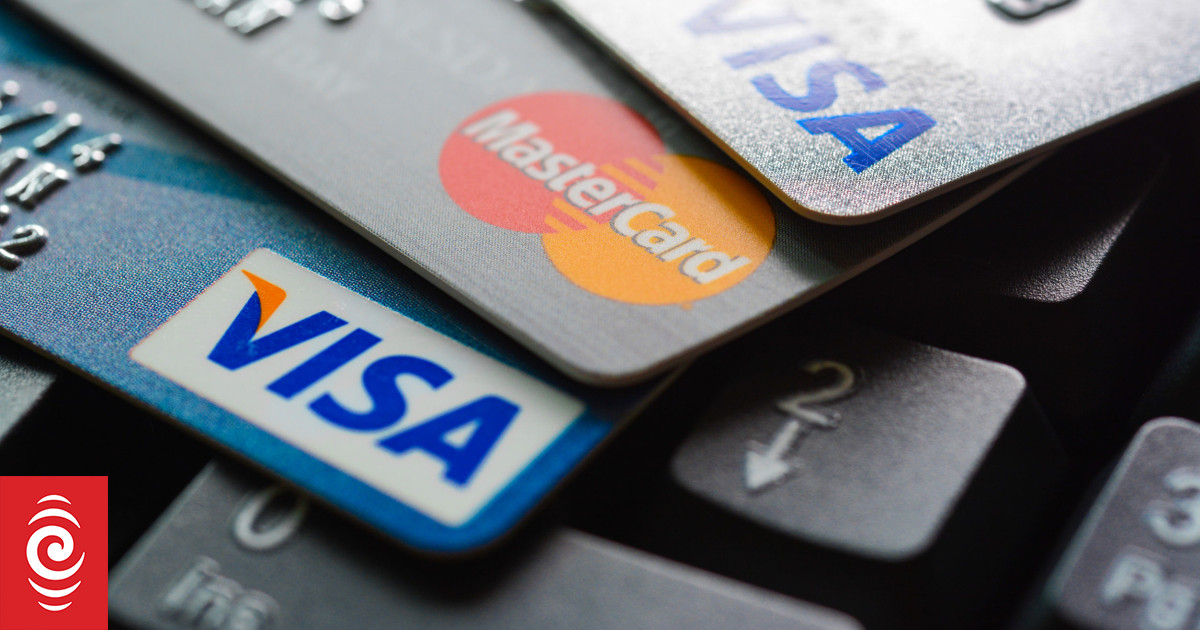Credit card company Visa is calling for a ban on the surcharge fee some merchants charge card-paying consumers at the point of sale.
The Commerce Commission was undertaking a review of card charges, and considering cutting the regulated interchange fee card companies can charge banks by as much as 75 percent, for example.
Card interchange fees were in turn passed on by banks to merchants at whatever rate the merchant can negotiate, meaning that some pay much more than others.



Seemingly large doesn’t necessarily mean well run. A long time ago I worked for an outfit that had around a dozen shops in one city and near half a dozen or so in others and given some of the things going on I can’t imagine they bothered getting legal advice for much other than loans :)
They probably googled it, hopefully they didn’t get a Gemini answer.
For this specific case of cash, I’m curious as to if it were ever a (legal) problem to not accept cash.
As far as I can tell, you legally have to take cash for payment of debts. Someone owes you money, you can’t refuse to take their payment in cash (yes I’m curious what happens if you show up with a million $1 coins to pay off your mortgage).
When going to a shop, the shop is making a proposal (say, they will give you coffee if you give them $5) and you can accept or decline that offer (or negotiate by making your own offer). If the shop’s proposal is that you give them $5 paid for by EFTPOS/credit, and they will give you coffee, then I can’t see how that would break any laws so long as you are free to decline their offer.
Of course it’s possible there could be a specific law targeting this case, but I can’t see how such a law would come about prior to now.
Yeah, I am one of those who has been confused by legal tender & payment options.
https://www.rbnz.govt.nz/education/explainers/what-is-legal-tender
So it seems like that’s only a thing if its paying a debt. So as long as retailers, and/or anybody else flags clearly in advance that they don’t take cash they can refuse it.
Ah, that answers my question about paying off the mortgage.